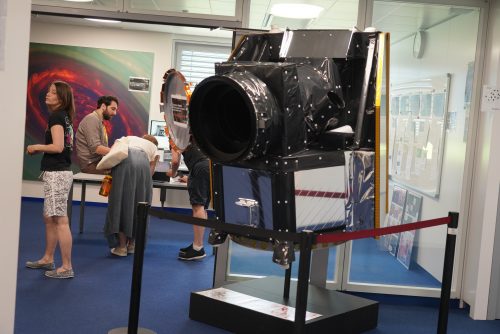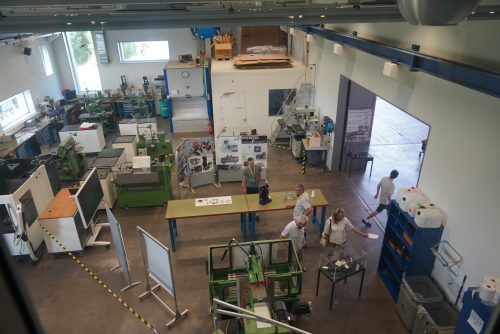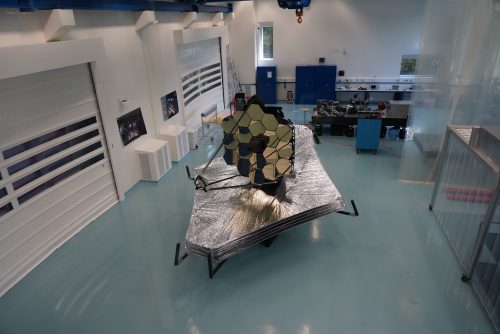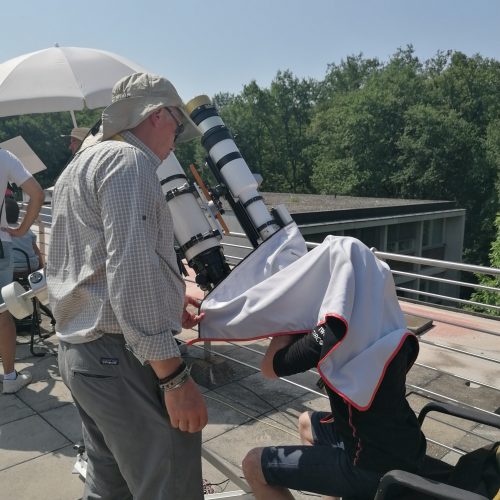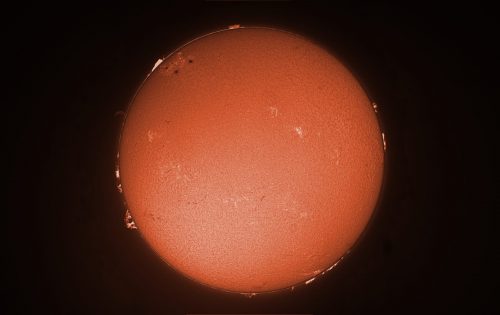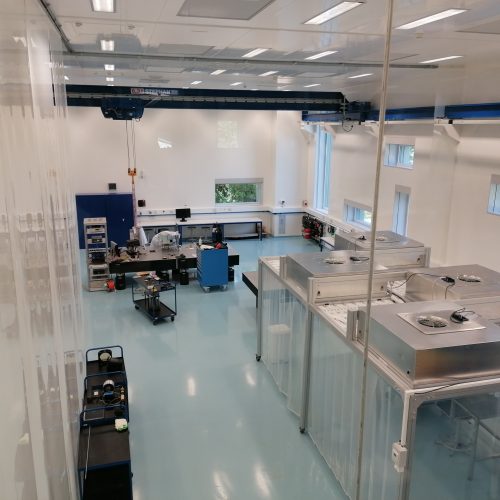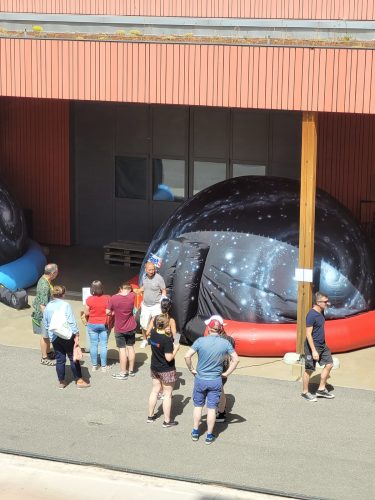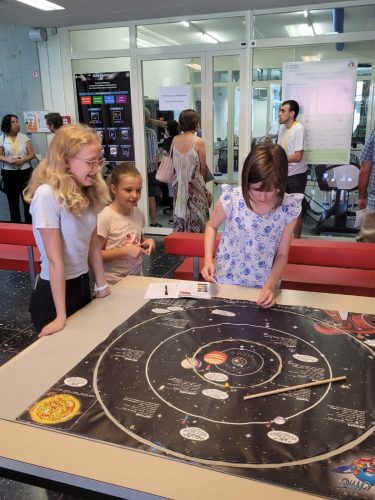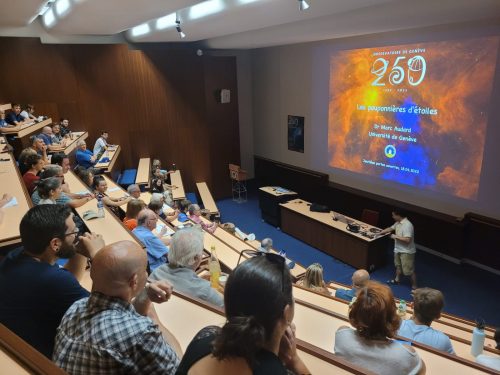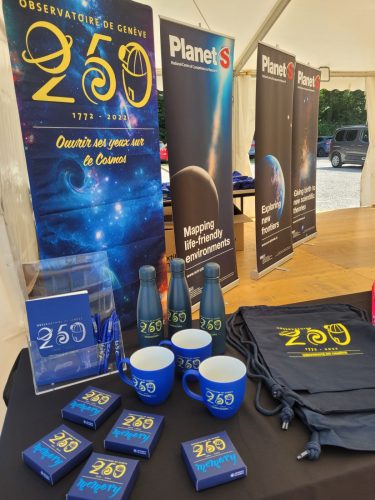250th anniversary of the Observatory of Geneva

The Observatory of Geneva has just celebrated its 250th anniversary. Now attached to the University of Geneva, it is one of the co-leading houses of the NCCR PlanetS with the University of Bern. Here’s a look back at the year’s festivities.

A little history
The Observatory of Geneva was founded in 1772. The astronomer Jacques-André Mallet, who had just returned from observing the transit of Venus in 1769, obtained authorization from the Geneva Council to build an observatory on the city’s fortifications. The observatory was completed in 1772, but was not officially inaugurated. However, the observatory’s first astronomical observation took place on January 13, 1773. The Observatory’s main mission was to accurately determine “mean time” in order to support the Geneva watchmaking industry, whose watches were drifting by several minutes a day. However, as soon as the Observatory opened, Jacques-André Mallet, in addition to his activities in the service of the city, advanced astronomical science, in particular by studying the orbits of the celestial bodies in the solar system. Today, the Geneva Observatory, located in Versoix in the Sauverny forest, is a world leader in astrophysical research. More information of this long history can be found here (in French) https://www.unige.ch/campus/149/recherche3/
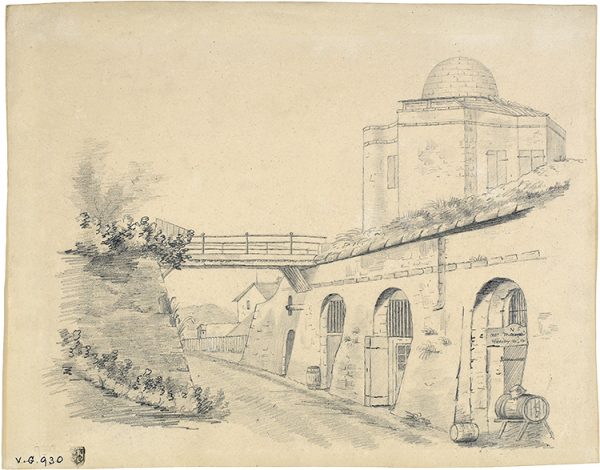
One year of festivities – 18/19 June 2022 to 17/18 June 2023
Having no official date for its inauguration in 1772, but knowing the date of the first observation (13th of January 1773), the Astronomy Department of the University of Geneva decided to celebrate its quarter-millennium during a year straddling June 2022 and June 2023. To mark the beginning and end of these celebrations, the Observatory opened its doors over two weekends to allow the public to meet the staff (astronomers, technicians, engineers, etc.) and visit the research facilities. There were plenty of activities for all ages: planetarium shows, virtual reality immersion, solar observations with amateur astronomers from local associations, workshops and experiments with the Salomé educational project, astronomical treasure hunts, exhibitions (including a large 11-meter mural retracing the Observatory’s 250-year history) and, of course, interactions with researchers from the various research groups (exoplanets, stellar, galaxies, extreme universe and instrumentation). Several thousand people discovered the Sauverny site.
La Nuit de la Science “And yet” – July 9 and 10, 2022
The Observatory of Geneva was present at this biennial meeting point between science and the Geneva public. The theme of this year’s event (2022) was “And yet”, a fitting tribute to the Observatory’s 250th anniversary. The two words resonate with the expression attributed to Galileo “and yet it turns!” An expression the scientist is said to have uttered 139 years before the creation of the Geneva Observatory, when he was condemned by the Church for his support of the heliocentric theory. The observatory thus invited the public to share its wonder at the Universe and the rotation of celestial bodies, from the transit of Venus to the discovery of exoplanets, and all the way to the dark matter that structures galaxies.

Astro-coffee at the Museum of the History of Science – every months
On seven occasions, researchers from the Observatory visited the Museum of the History of Science for a coffee and a lively discussion with the public. Each event focused on a specific topic related to the Observatory’s research groups: Understanding the most mysterious objects in the cosmos, Galactic conversations, From cloud to cloud (the great life cycle of stars), Discovering exoplanets and Life in the Universe. In February 2023, the astro-coffee was transformed into an astro-sirop for a meeting with some thirty children curious to chat with astronomers.
Astro-classes – The observatory comes to school – every weeks
Thanks to the travelling planetarium recently acquired by the NCCR PlanetS, the Observatory was able to visit a number of schools, offering schoolchildren a thrilling immersion in the mysteries of the Universe. No fewer than 2,600 pupils enjoyed this unique experience with an astronomer from the Observatory. Such was its success that the activity is being offered again for the 2023-2024 school year, outside the 250th anniversary celebrations.
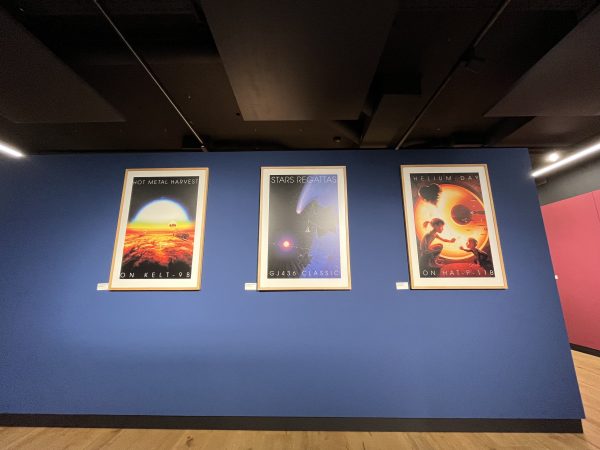
Exoplanets – Art, Science & Fiction – January to April 2023
From January 20 to April 30, 2023, the Boléro gallery in Versoix hosted an exhibition of graphic works by astronomers, established artists (Bajram, Schuiten, Peeters, Manchu) and comic strip students (ESBDi). While a sunset on Mars, planetary nebulae or the cosmic ballet of galaxies lend themselves with a certain elegance to photography through powerful telescopes, it’s a different matter when it comes to exoplanets. These planets orbiting stars other than the Sun – the first of which was discovered by two Swiss researchers from the astronomy department of the University of Geneva – are far too far away from us to be photographed directly. Yet their incredible properties fascinate astronomers and the general public alike: from planets that rain iron to those that think they’re comets, the fantastic diversity of the exoplanet zoo excites the imagination. The exhibition can still be visited virtually here: https://my.matterport.com/show/?m=sv2XDfTu3sQ
Salon du Livre – 22nd to 26th of March 2023
The return to Palexpo of this key event on Geneva’s cultural scene coincided with the Observatory’s anniversary. The Observatory’s teams took advantage of the occasion to meet the public and offer a wide range of educational workshops to schools from the canton attending the event. The Observatory’s astronomers were on hand to offer book signings. Two round-table discussions, notably with Michel Mayor, winner of the 2019 Nobel Prize in Physics and former Director of the Observatory, also enabled the public to discuss the possibility of emigrating into space in the face of climate change. Finally, Volume III of the Salomé series was released during the salon. An educational project based on this new volume is also in preparation. The NCCR PlanetS had supported the educational project for Volume I.
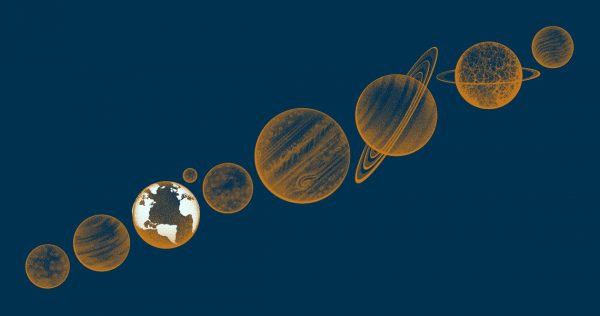
Carnival of the planets – 17th of June 2023
For the last two open days of the Observatory’s 250th anniversary, l’Orchestre de Chambre de Versoix and the association Le Carnaval des Planètes presented a musical and astronomical journey that continually oscillated between art and science, with the projection of spectacular videos. The event took place in Versoix’s Salle Communale, which was packed to capacity for the occasion. The Carnival of the Planets is an educational, scientific and symphonic project. Kepler’s mysterious musical scales, dusted off by astrophysicist Laurent Eyer, consist of a series of musical notes for each planet in the solar system. Composer Simón Prêcheur Llarena created pieces for piano and orchestra.
Categories: External Newsletter, News
